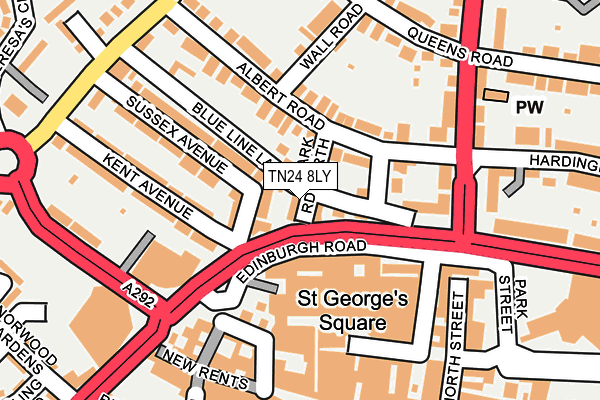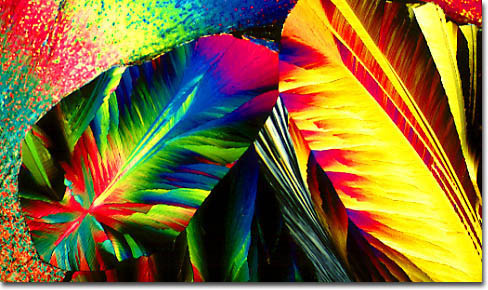

I'm just not experienced with self reward being 'valuable'.

See, that doesn't come with any kudos or external 'reward'. I guess this is where the answer to my question lies it's been easier to deal with others as an enabler or rescuer, than to 'give' to me. The appropriate response might be "That sounds awful, what are you going to do about it?" This puts responsibility back on the shoulders of the complainant and leaves the door open for 'empathy'.Įmpathy vs Sympathy.one gives energy, the other takes. "Oh I'm feeling dreadful today" Who responds to this? Enablers and rescuers! Sympathy from others is another habitual trap we get 'hooked' on. So it's the first to be replaced by addictive factors and substances. They don't go anywhere, they gestate and morph into core beliefs and habitual reactive behaviour and thinking instead of proactive.Īnger is one of those emotions that people can't seem to tolerate in others.

If we still avoid and continue the self stimulating, those wounds get bigger and harder to deal with. We end up in physical/mental/emotional distress. Yrs of avoiding bad feelings creeps up on us and bites us hard if we don't acknowledge and 'speak' our peace. I'm trying to give myself 'permission' to 'feel' the bad stuff instead of trying to make myself feel better with self stimulating food, beverages, fantasies, drugs, TV, this laptop and destructive relationships to name a few.

Because it's so uncomfortable and life requires constant attention, we tend to avoid such things.
#Is adrenaline an endorphin how to#
I read yrs ago about us not knowing how to just 'feel' sadness or grief for instance. When it comes to adrenaline, how we interpret 'good' and 'bad' may be skewed by memory and/or fear especially the excitement 'good' fear brings. We're all programmed to 'feel good' to overcome or avoid feeling bad. In answering my own question from yesterday, the thought of not feeling stimulated into oh so lovely good feelings I think may be at the core.


 0 kommentar(er)
0 kommentar(er)
